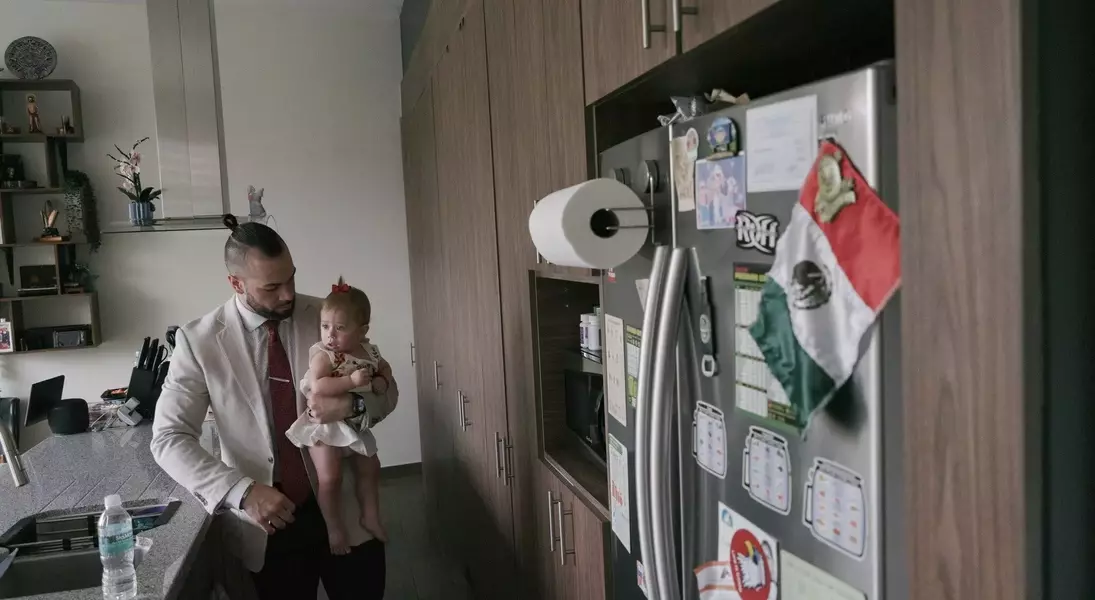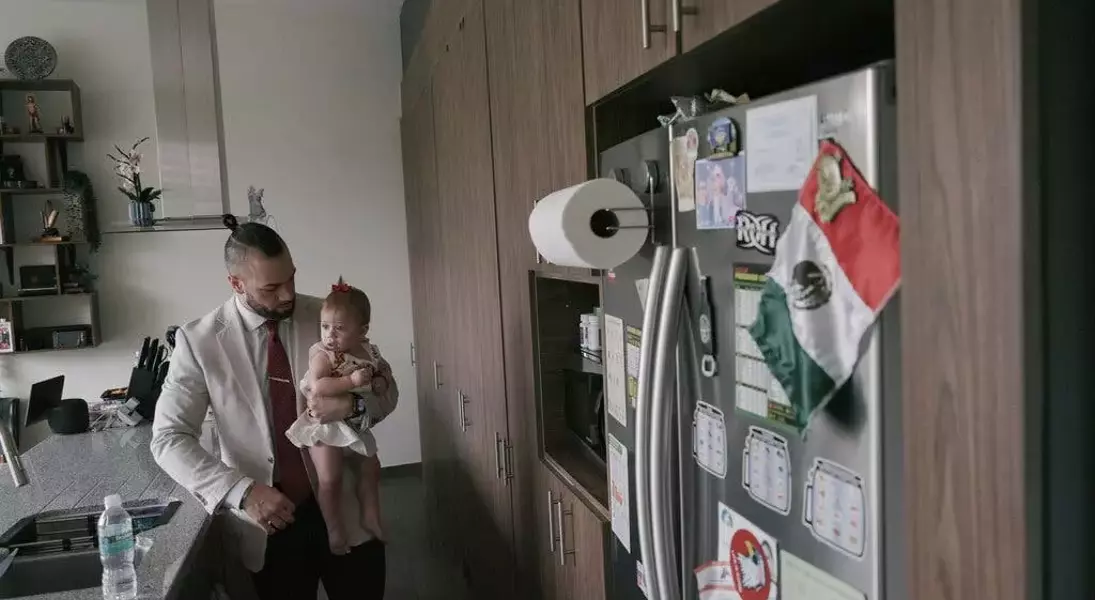







From 'Gringo' Chants to Lucha Libre Legend: A Soldier's Unexpected Path to Stardom
The Unexpected Arrival of a "Gringo" in the Ring
On the vibrant battlegrounds of Mexican lucha libre, Travis Gordon Lopes Jr., known by his ring name "Flip" Gordon, faced a formidable opponent beyond his wrestling adversaries: the crowd's initial disdain. Dressed in military attire, this former U.S. Army National Guard soldier was met with chants of "Gringo! Gringo!" His presence sparked a unique debate: could a fan base deeply rooted in Mexican pride embrace an American, particularly one embodying a military image, amidst a backdrop of political tension between the two nations? Despite the historical friction and contemporary political rhetoric, Gordon's journey would soon challenge these preconceived notions.
Breaking Stereotypes: The "Técnico" with a Military Twist
In the colorful world of lucha libre, foreign wrestlers are typically cast as "rudos" – the villains who break rules and rely on brute force. However, Flip Gordon defied this convention. Despite his military-inspired ring gear, his fluid, acrobatic maneuvers and innate ability to connect with the audience quickly positioned him as a "técnico" – a heroic, fan-favorite wrestler. This unexpected alignment, a testament to his unique style, proved that even symbols of national identity could be reinterpreted and celebrated within the lucha libre narrative.
A Wrestler's Genesis: From Backyard Flips to International Rings
Born and raised in Montana, Travis Gordon's path to the professional wrestling arena began with childhood backyard flips, earning him his enduring nickname. His dedication led him to serve six years in the Army National Guard, balancing military duties with his burgeoning wrestling career. His initial foray into lucha libre occurred in 2017 during an overseas trip. It was during this period that he encountered Barby Villela, a marketing professional within Mexico's lucha libre circuit, whose influence would profoundly shape his personal and professional life.
Embracing Identity and Overcoming Initial Resistance
After marrying Barby Villela in 2023 and permanently relocating to Mexico, Gordon initially hesitated to fully embody his military past in the ring, opting for more generic costumes. Yet, with encouragement from veteran wrestlers and, notably, his wife, he began to embrace his identity as an American soldier, donning camouflage ring wear. This decision, however, heightened anxieties about how Mexican audiences, sensitive to historical U.S. military interventions and recent political rhetoric, would react. Indeed, early receptions were marked by boos, underscoring the deep-seated national sentiments.
Navigating Cultural Divides and Political Nuances
While Gordon maintained a non-political stance on U.S.-Mexico relations, his on-stage persona, including a pre-fight military salute, inevitably invoked complex reactions. Taunted by fans and rivals for his American origin and struggle with Spanish, he faced the challenge of bridging a cultural gap. His opponent, Ángel de Oro, even publicly mocked Gordon's language skills. Yet, Gordon's commitment to learning Spanish, influenced by his wife and peers, and his increasing use of the language in promotional materials and in the ring, demonstrated a genuine effort to integrate and connect with his Mexican audience.
The Fusion of Charisma, Skill, and Cultural Sensitivity
Barby Villela played a pivotal role in shaping Gordon's in-ring character, encouraging him to not only embrace the "super soldier" persona but also to showcase his impressive physique. She astutely recognized the cultural appeal of a G.I. Joe-like figure in Mexico, where wrestlers are revered as superheroes. Gordon, echoing this sentiment, likened his appeal to that of Captain America – a character loved irrespective of national allegiance. This strategic evolution, coupled with his extraordinary acrobatic abilities, gradually transformed audience sentiment from animosity to admiration.
A New Home, A New Identity: Becoming "More Mexican"
Gordon's dedication and growing popularity led to significant milestones, including becoming the first American to win a middleweight title in lucha libre. His profound statement, "I feel like I'm becoming more Mexican," encapsulates his transformative journey. He now confidently conducts interviews in Spanish, embracing linguistic imperfections, and even donned a mariachi outfit to promote a title defense. With a multi-year contract, permanent residency, and aspirations for Mexican citizenship, Gordon's life in Mexico, now including a Mexican-born daughter and another child on the way, solidifies his deep roots in the country. He openly expresses his affection for Mexican culture, showcasing a powerful example of cultural adaptation and acceptance that transcends national borders, proving that respect and immersion can overcome long-standing divides.
